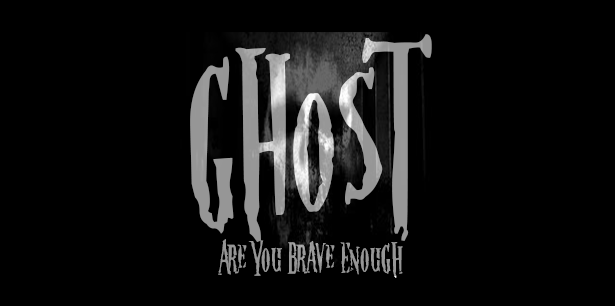Beware the Bingen Demon: Unleashing Terror in the 9th Century
- Gary Taylor-Green
- Jul 9, 2023
- 3 min read
Since ancient times, the chilling presence of poltergeists and spectral torment has haunted mankind, lurking in the shadows of our collective fear. We can trace the first recorded encounter with a malevolent poltergeist back to a time when ferocious dragons ruled the heavens and demonic entities freely roamed the desolate land. Oh, how truly terrifying were those days of the wretched dark ages.
By the year 858 CE, the mighty Roman Empire, once a beacon of grandeur, had long been reduced to dust and decay. The flickering flame of knowledge and literacy had been snuffed out, leaving naught but an abyss of ignorance in its wake. It was amidst this bleak era that an ancient

manuscript surfaced, recounting the harrowing tale of an unfortunate farmer ensnared in the clutches of a wicked apparition, in the forsaken realm of Bingen on Rhine, Bavaria.
Regrettably, the name of this beleaguered farmer has been forever consumed by the ravages of time. Initially, the farmer dismissed the strange occurrences as mere juvenile pranks, suspecting his own children and later turning his accusatory gaze upon the village youth. Known for his cantankerous disposition, this old curmudgeon harbored no goodwill towards his neighbors.
But as days stretched into a malevolent eternity, the mischievous acts on his farm transmuted into something far more diabolical. The farmer became convinced that he was under siege b
y a demon, perhaps even the vile devil himself. Armed with this infernal knowledge, he sought solace within the hallowed walls of a local seminary, where Carolingian monks dwelled.
To the monks, the farmer recounted the genesis of this nightmare—a haunting that commenced with relentless knocks echoing through the walls of his abode, ceaselessly tormenting him and his kin through the long nights. But the sinister orchestration did not stop there. Stones of all sizes cascaded from above, pummeling his roof, invading through shattered windows, and cruelly striking the farmer himself. No longer did he question the origin of this supernatural malevolence; it was unmistakably the curse of a witch that sought to incinerate his very being. For after his crops inexplicably burst into unholy flames, reducing them to mere ashes, his livestock withered away, their emaciated bodies succumbing to a cryptic affliction. The entity that plagued him was relentless, intent on shattering the farmer's spirit and annihilating his existence.
What transpired next could shed light on the source of this poltergeist's wrath, illuminating the reasons behind its unyielding focus on this particular farmer. Whispers carried on the wind
suggest that he may have committed unspeakable acts of perversion against his own children, as well as the innocent souls of the village. Some daring researchers speculate that one of the tormented victims, wielding the maleficent power of the evil eye, cast upon him a curse of unparalleled malevolence. Alternatively, a child undergoing the tumultuous throes of puberty may have inadvertently unleashed a potent psychic force, an invisible arrow aimed at the heart of the farmer. Regardless, it seems this fiendish tormentor was an agent of cosmic justice, retribution served to the guilty.
Yet, like an enigma lost in the mists of time, the tale leaves us bereft of answers. For nearly twelve centuries, the truth remains obscured, fading away like the very shadows that birthed it. The fate of the farmer, too, remains a haunting riddle. Whispers of failed exorcisms orchestrated by the monks echo through the ages, but whether the farmer perished in the clutches of the supernatural or was driven out from the accursed town, we
may never know. This fragment of history, veiled in darkness, stands as a macabre testament to the unfathomable horrors of that bygone era.

Comentarios